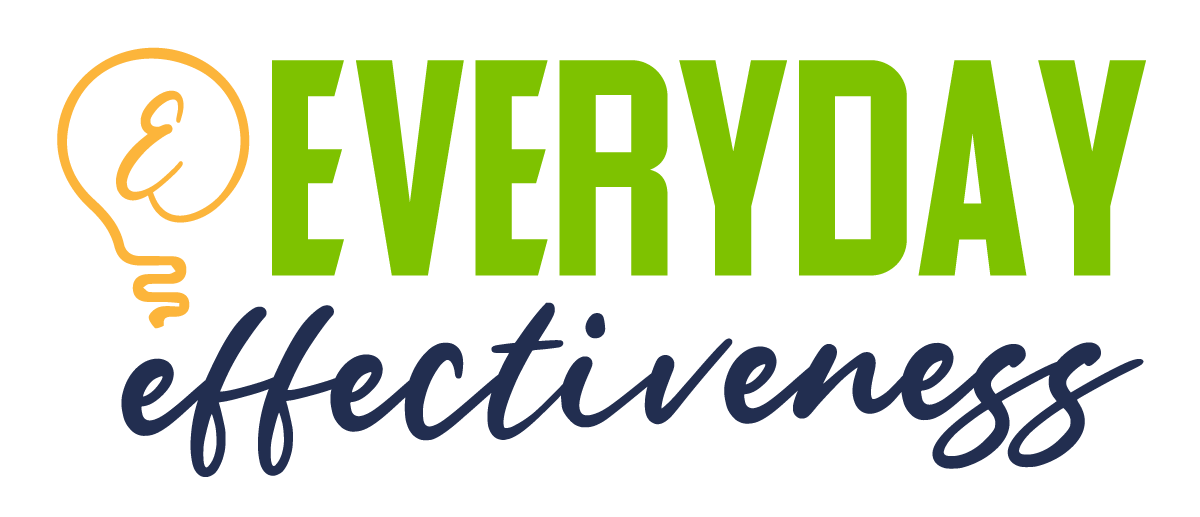Recently I wrote an article for APeeling Magazine about how to get out of your head when you’re faced with an important decision. Today I’m sharing some similar ideas, but if you’d like to read the original article, click here.
I’ll bet if I asked you to track all the decisions you make in any given week, the number would easily be in the double digits. And that isn’t counting all simple, mundane decisions we make every day. As the CEO of a company, some of the decisions you make are small and simple – there’s an obviously right choice, and it only takes a few minutes of your time. However, there are also those other decisions, the ones that carry more weight or don’t have an obviously right answer, that tend to suck away all of your time and energy for longer than you’d like. If you’ve ever been lost in the weeds of making an important decision, today’s post is for you.
Chances are your decision-making struggle is caused by one or more of the following scenarios:
Outside Pressure
In this situation, you’re struggling to make a decision based on what other people think you should be doing, or your perception of what others will think. If there’s outside pressure pushing you in a certain direction, but your inner voice is telling you that’s not the right solution, it causes conflict. How much easier would life be if we could reject the idea of outside pressure, and just make decisions based on trusting our gut or knowing what we want? Unfortunately, most of us do struggle to meet outside expectations, so this can be a very real problem.
Want vs. Should
You may be struggling because there’s something you know you should do, but you really don’t want to do it. Or vice versa – there’s something you want to do, but it feels like something you shouldn’t be spending your time on. This might be a “suck it up” moment where you really just have to bite the bullet and do the unpleasant thing, even if it isn’t fun or exciting.
Feelings vs. Facts
In this scenario, chances are you know what you need to do, but you’re afraid of hurting someone else’s feelings by making this choice. A similar situation is one where you don’t want to have to inconvenience anyone else to make this decision possible, so you’re afraid to ask them for help. It might help to think about what you’re losing by not making this choice, or what you would lose if you didn’t ask for the help. It can help to have data to help you make the choice that will involve a difficult conversation.
Equal Footing
Sometimes a decision is really hard because it’s either a decision between two good choices or between two bad choices. If you can only choose one thing out of two great options, it can be hard to pick one because you’ve got a fear of missing out on the other option. Conversely, if you’re stuck between a rock and a hard place, neither option feels very appealing. In this case, you probably have to go with what feels the most right (or the least wrong), and just move on.
Alignment with Your Goals
Maybe what’s holding you back from making a decision is that somewhere, your gut is telling you that this decision isn’t really in line with what you need to be working on right now. If you’ve been following a system of setting goals in your business, is this decision going to bring you closer to your current goal, or distract you from it? If you’ve been feeling reluctant but you aren’t sure why, check in with yourself and your goals to see if this decision is truly in alignment with where you should be focusing right now.
Usually, the things that hold you back from making a quick decision are somewhat intertwined. Chances are, you’re actually dealing with more than one of these scenarios at once. The biggest obstacle is identifying what holds you back; once you can do that, it becomes a lot easier to find a solution and move forward.
The next time you’re stuck in the middle of a choice that’s too difficult for you, try identifying what’s holding you back and acknowledging the problem first. Then, make a list of your options so that you can evaluate them and pick the one that’s best for you. As the CEO of your company, you have to hold yourself accountable to making the best decisions that you can, given the tools and resources at your disposal. It isn’t always easy or fun, but it’s necessary if you want to keep moving forward in your business.
If you need some help identifying the greatest area of need in your business, the GEARS assessment can help! Click here to take this free assessment to determine the strengths and weaknesses in your business, so that you can choose the best options to focus your time and energy on for the upcoming quarter.


